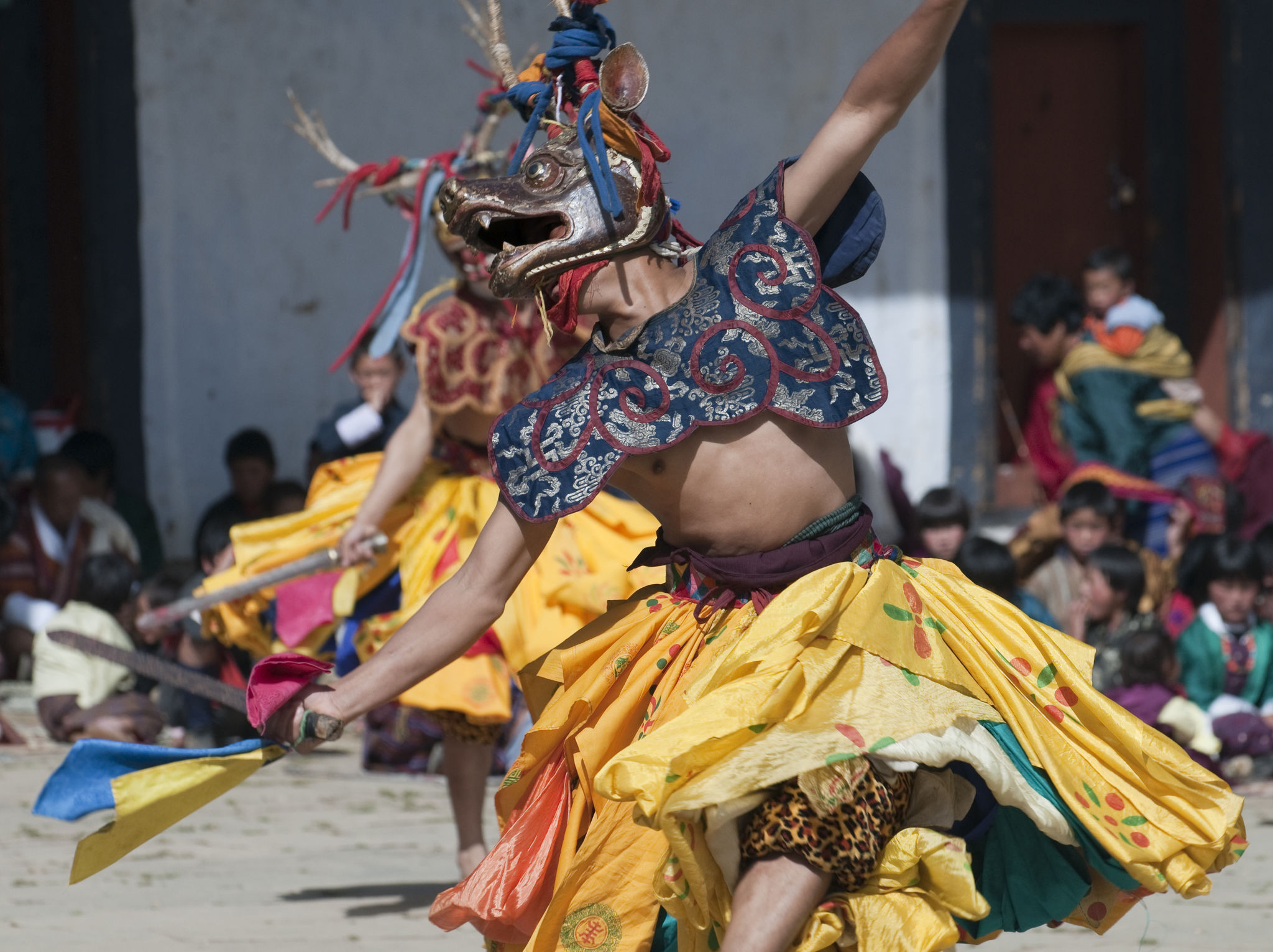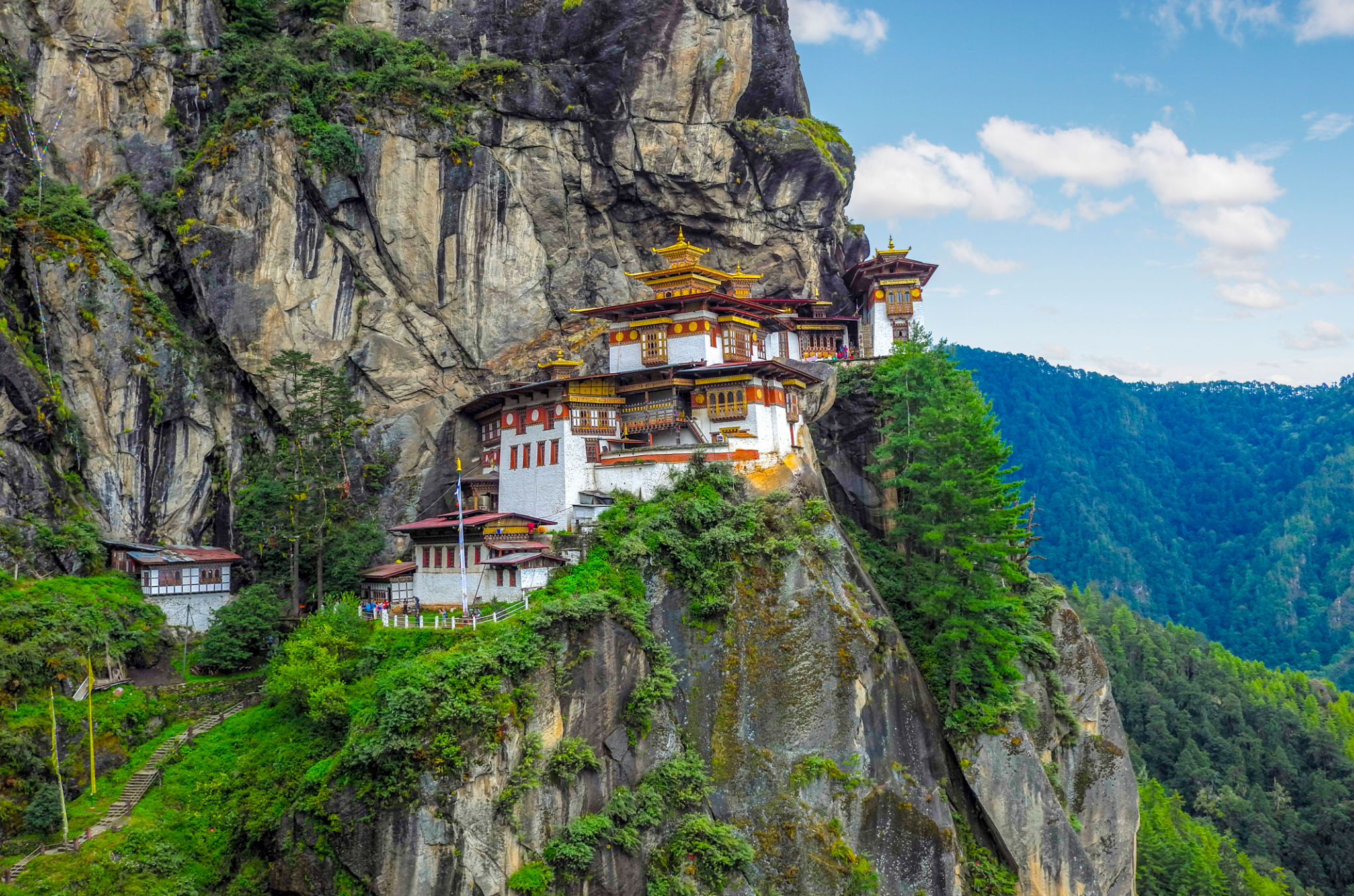Exploring Bhutan: A Journey Through Culture and Sustainability
Introduction to Bhutan
Bhutan, a landlocked kingdom nestled in the Eastern Himalayas, is a treasure trove of culture and sustainability. Known for its unique approach to measuring prosperity through Gross National Happiness (GNH), Bhutan captivates travelers with its breathtaking landscapes and rich cultural heritage. This journey through Bhutan is not just a travel experience but a profound encounter with a nation that harmonizes tradition with modernity.

Cultural Heritage and Traditions
Bhutan's culture is deeply rooted in its Buddhist heritage, which permeates every aspect of life. The country is dotted with ancient monasteries and fortresses known as dzongs, which serve both religious and administrative functions. Festivals, or tshechus, are celebrated with great fervor, featuring vibrant mask dances and rituals that have been passed down through generations.
In Bhutan, traditional arts and crafts are highly valued. The government actively promotes the preservation of these skills through the "Zorig Chusum," or the thirteen traditional arts and crafts of Bhutan. Visitors can witness artisans at work, creating intricate textiles, painting thangka scrolls, and crafting religious statues.

Commitment to Sustainability
Bhutan's commitment to sustainability is evident in its environmental policies. The country's constitution mandates that at least 60% of its land must remain forested for all time. This dedication to conservation has resulted in Bhutan being the world's only carbon-negative country, absorbing more carbon than it emits.
The country's emphasis on sustainable tourism ensures that visitor numbers are kept in check, minimizing environmental impact. Tourists are required to pay a daily fee that covers accommodation, meals, and a local guide, ensuring that tourism benefits local communities while preserving Bhutan's pristine environment.

Exploring the Natural Wonders
Bhutan's natural beauty is unparalleled, with landscapes ranging from subtropical plains to alpine peaks. The country's diverse ecosystems are home to an array of wildlife, including the elusive snow leopard and the endangered red panda. Trekking in Bhutan offers an opportunity to experience this natural splendor firsthand.
The iconic Tiger's Nest Monastery, perched precariously on a cliffside, is a highlight for many visitors. Reaching the monastery involves a challenging hike, but the reward is a breathtaking view and a sense of spiritual tranquility.

Culinary Delights
Bhutanese cuisine is a delightful fusion of flavors, influenced by its geographical neighbors. The national dish, ema datshi, is a spicy concoction of chilies and cheese that is sure to tantalize taste buds. Meals often include rice and an array of curries made from locally sourced ingredients.
Visitors can also experience traditional dining at a farmhouse stay, where they can savor authentic Bhutanese dishes and gain insight into rural life. Participating in such immersive experiences enriches one's understanding of Bhutanese culture and hospitality.
Conclusion
Exploring Bhutan is an adventure like no other, offering a unique blend of culture, spirituality, and sustainability. Travelers leave with not only memories of stunning landscapes and vibrant festivals but also a deeper appreciation for a country that prioritizes happiness and environmental stewardship over material wealth. Bhutan serves as an inspiring model for sustainable living in harmony with tradition.
